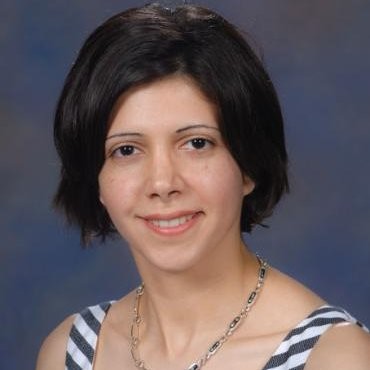Natural Language Processing: Analyzing Clinical and Mental Health Notes
In contrast to the structured clinical data typically used for administrative purposes, clinical notes are more nuanced and are primarily used by healthcare providers for detailed documentation. Each patient encounter is associated with several clinical notes.
This poses many challenges for analyzing the free text in these documents. The same holds for notes taken in the mental health domain due to the open domain nature of the context. This presentation will draw parallels between the two healthcare worlds and discuss relevant challenges and recent advances. It will explore solutions to these issues using natural language processing techniques.
Finally, it will discuss the remaining issues in this space and point to future opportunities for novel research directions.

Dr. Parisa Rashidi
Associate Professor at Universify of Florida
Dr. Parisa Rashidi received her Ph.D. in computer science with an emphasis on machine learning. She is currently an associate professor at the J. Crayton Pruitt Family Department of Biomedical Engineering (BME) at the University of Florida (UF). She is also affiliated with the Electrical & Computer Engineering (ECE) and Computer & Information Science & Engineering (CISE) departments. She is the director of the “Intelligent Health Lab” (i-Heal). Her research aims to bridge the gap between machine learning and patient care.
Dr. Rashidi is a National Science Foundation (NSF) CAREER awardee, the National Institute of Health (NIH) Trail Blazer Awardee, Herbert Wertheim College of Engineering Assistant Professor Excellence Awardee, and a recipient of the UF term professorship. She is also a recipient of UF’s Provost excellence award for assistant professors; with more than 500 tenure-track assistant professors at UF, Dr. Rashidi is one of only 10 to receive this award. She was invited by the National Academy of Engineering (NAE) as one of only 38 outstanding US engineers under 45 to participate in the 2017 EU-US Frontiers of Engineering (FOE) Meeting.
To date, she has authored 120+ peer-reviewed publications. She has chaired six workshops and symposiums on intelligent health systems and has served on the program committee of 20+ conferences.
Dr. Rashidi’s research has been supported by local, state, and federal grants, including awards from the National Institutes of Health (NIBIB, NCI, and NIGMS) and the National Science Foundation (NSF).

